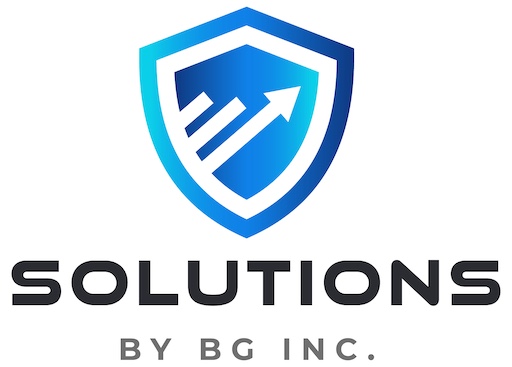Hello fellow entrepreneurs and small business owners! In today’s rapidly evolving digital landscape, it’s more crucial than ever to ensure the safety of our businesses from cyber threats. As the proud guardians of our ventures, we need to arm ourselves with the knowledge and tools to protect our data and assets from potential cyber attacks. In this article, we’ll explore some simple yet effective cybersecurity best practices tailored specifically for small businesses.
Understanding the Importance of Cybersecurity
You might be wondering, “Why does my small business need to worry about cybersecurity?” Well, my friends, cybercriminals do not discriminate based on the size of a business. In fact, small businesses are often targeted because they tend to have fewer resources dedicated to security. But fear not, for by implementing these best practices, we can significantly reduce the risk of falling victim to cyber threats.
1. Educate and Train Employees
Your employees are your first line of defense against cyber attacks. Ensure that all team members are educated about the common threats they may encounter, such as phishing emails or suspicious links. Conduct regular training sessions to keep everyone up-to-date with the latest cybersecurity practices and reinforce the importance of safe online behavior.
2. Secure Your Network
Your business network is like the fortress that protects your sensitive data. Set up a robust firewall to prevent unauthorized access, and use encryption to safeguard data transmissions. Additionally, a virtual private network (VPN) can provide a secure connection when accessing sensitive information remotely.
3. Keep Software Up to Date
It’s tempting to click the “Remind me later” button when software updates pop up, but don’t underestimate their importance. Keeping your operating systems, applications, and antivirus software up to date is critical, as these updates often contain patches to fix known vulnerabilities.
4. Regular Data Backups
Imagine losing all your valuable business data in the blink of an eye. Terrifying, right? Well, regular data backups can save you from such nightmares. Consider using cloud-based backup solutions to automatically store copies of your data offsite, providing protection against data loss due to hardware failures or cyber incidents.
5. Implement Access Controls
Limit access to sensitive data and systems to only those who require it for their roles. Utilize multi-factor authentication (MFA) for an extra layer of security, ensuring that even if a password is compromised, unauthorized access is still thwarted.
6. Monitor and Detect
Install intrusion detection and prevention systems (IDS/IPS) to monitor network activity for any suspicious behavior. These systems can detect and block potential threats before they can cause significant harm.
Conclusion
There you have it, our friendly guide to enhancing your small business’s cybersecurity posture! By being proactive and following these best practices, you can greatly reduce the risk of falling victim to cyber attacks, safeguarding your business and your customers’ trust.
At Solutions By BG, Inc., we understand the unique challenges faced by small business owners when it comes to IT security. Our team of experienced professionals can help assess your current cybersecurity measures, provide personalized recommendations, and implement robust solutions tailored to your specific needs and budget. Let us be your trusted partner in protecting your business from the ever-evolving threat landscape.
Remember, investing in cybersecurity is not an expense but an investment in the longevity and success of your business. So, don’t wait until it’s too late! Reach out to Solutions By BG, Inc. today and fortify your business against cyber threats. Stay safe, stay secure, and thrive in the digital world!
For further information, please consult the following websites:
- National Institute of Standards and Technology (NIST) Cybersecurity Framework
- Small Business Administration (SBA) Cybersecurity Resources
- Cybersecurity and Infrastructure Security Agency (CISA) Small Business Resources
- Symantec’s Internet Security Threat Report
- McAfee’s Threat Intelligence Reports
- Cisco’s Annual Cybersecurity Report
